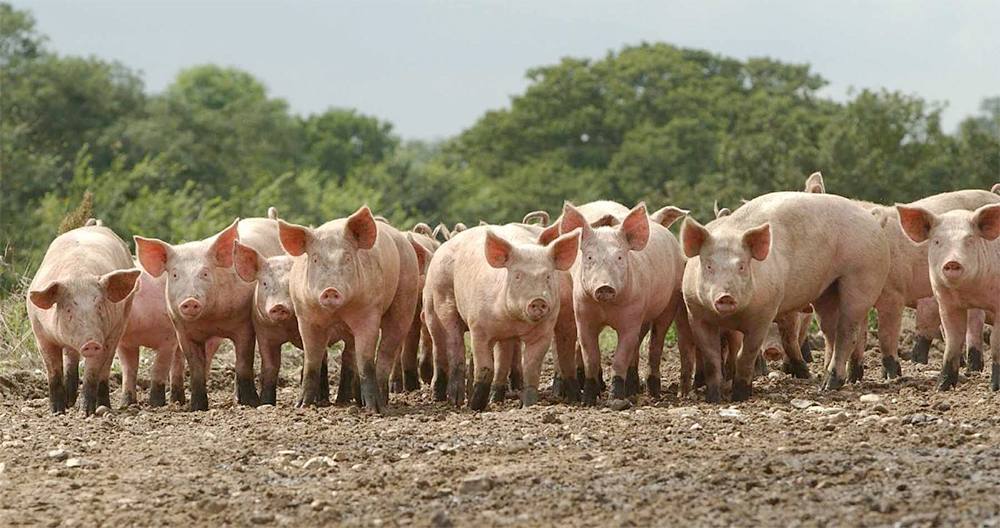
Defra's plan for tackling pig TB infections are 'over-the-top', according to the National Pig Association in response to a call for views on control of the disease in non-bovines.
"We do not agree statutory provision should be used to enforce compulsory slaughter of pigs when bovine TB is believed to be present," says NPA chief executive Dr Zoe Davies.
"Any decision to slaughter on suspicion should be taken by the owner of the pigs," she insists. "As currently occurs, slaughter should only be compulsory when TB is confirmed and only for the animals that have tested positive."
NPA opposes movement restrictions when TB is suspected in pigs, and the culling of reactor animals and dangerous contacts.
"It is not proportionate to the risk. Restrictions should only be applied when bovine TB has been confirmed by culture unless there is a proven farm history of bovine TB," says Zoe Davies.
She also challenges the definition of "suspicion", pointing out that case officers "appear to have had little or no guidance" on the subject.
In the past pig farms in low-risk areas have had movement restrictions imposed because of post mortem findings of low grade individual lesions, which is disproportionate to the risk and extremely costly, says NPA.
But NPA would accept movement restrictions being applied to a farm in a high-risk area with a previous history of confirmed bovine TB, if multiple lesions were found in a pig.
Zoe Davies points out the majority of samples sent for TB testing turn out to be negative. "And given that test confirmation can take several months, farms can be subject to unnecessary movement restrictions".
The response to any bovine TB outbreak on a pig farm should be proportionate to the risk, stresses NPA. "As herd testing is often impractical on pig farms due to the large number of animals involved, the focus should be on developing an action plan to remove infection from the farm and prevent wider spread."
